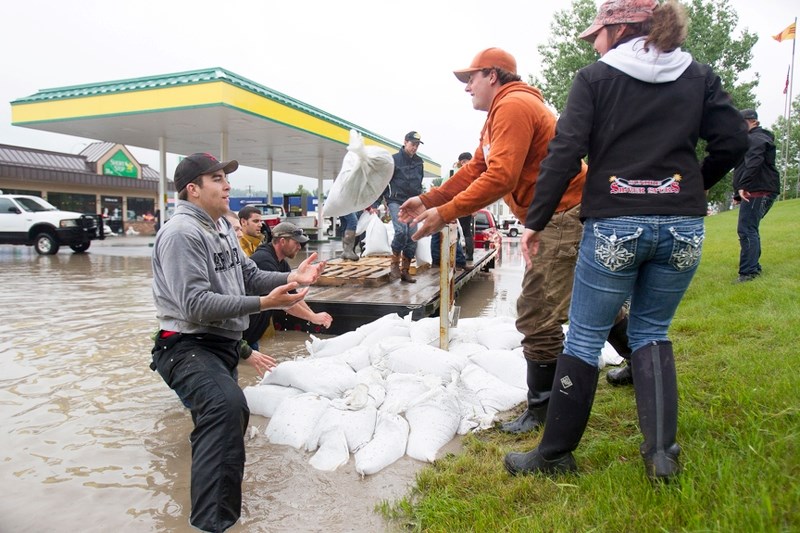Rumours or inaccurate information shared on social media in the event of an emergency situation can spread like wildfire, hampering along the way efforts to help the public and even potentially put people's lives at risk.
Sundre's director of emergency management recently told the Round Up that residents should refrain from posting online any statements that are not officially announced by the municipality.
"If you want to post something, just share or forward the information that's being put out by the town," said Kevin Heerema, who is also Sundre's community peace officer, during an interview at the municipality's shop.
As recently as last year, confusion within the community stemmed from an erroneous social media post claiming Sundre was being evacuated because of a minor forest fire that occurred west of town, he said.
"I really need people to be aware and to understand that notices to evacuate will only come from the Town of Sundre. That's what people should be paying attention to."
Someone with good intentions might nevertheless put out the wrong message that could have negative ramifications for others, he said.
"We are talking about people's lives, loved ones and property. So if they read the wrong message and evacuate in the wrong direction, they can be putting themselves in danger."
Additionally, a provincial service called Alberta Emergency Alert ó www.emergencyalert.alberta.ca ó provides an official alternative source of information in the event of a disaster. An app that provides live updates is even available for smartphones, he said.
The main emergency scenarios Sundre must have contingency plans in place for are, in no particular order, flooding, wildfire and severe weather events such as hailstorms or tornadoes, said Jim Hall, deputy director of emergency management.
While pipeline blowouts also represent a potential threat to Sundre, oil companies such as TransCanada are mandated by law to have their own plans ready, and to communicate such emergency responses with the municipality, he said.
"TransCanada does a fairly significant job and is actually going to be presenting to council this year on a new proposed pipeline. They're going to be asked to present their emergency management plan," said Hall, who is also the Town of Sundre's operations manager.
"These companies in the industry must be providing to municipalities their emergency management plans and tell us how they'll take care of potential issues and what are their plans so we can roll them into our plans as well."
Even though oil companies have their own emergency protocols in place, any disaster that affects the Town of Sundre would be handled collaboratively. But at this time of year, the concern generally revolves around the potential for floods, fire or severe weather, said Heerema.
"Those are the types of risks that predominately are more common in the Sundre area."



